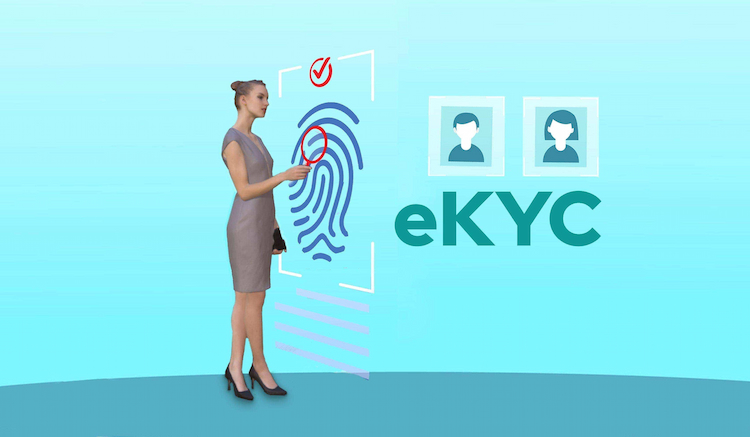Speech-to-text and its applications in business
Speech-to-Text (STT) technology may not be widely recognized by everyone, yet its applications are already prevalent in many areas of our lives. From voice-to-text apps to auto-translated content on videos, this technology is at work in ways we often overlook.

1. Support in customer information management
Recording Calls and Meetings: STT can automatically transcribe customer calls and meetings into text. This makes it easy to create detailed records of interactions and keep track of essential customer information.
Creating Projects and Tasks from Calls: With STT, customer calls can automatically generate projects or tasks, helping to efficiently manage interactions and requests from clients.
Analyzing Customer Interactions: STT can analyze interactions between the business and customers to better understand their needs, feedback, and attitudes. This insight can improve customer service and strengthen relationship management.
2. Applications in data security
Protecting Personal Information: STT can automatically transcribe calls or meetings containing sensitive personal information while removing the original audio data, thus safeguarding customer privacy and sensitive data.
Monitoring and Detecting Security Violations: STT can assist in monitoring and detecting unusual activities or security breaches by converting audio into text for easier analysis and investigation.
3. Facilitating Performance Measurement and Evaluation
Measuring Employee Performance: STT can track and evaluate employee performance based on calls and meetings. By converting speech to text, managers can identify strengths and areas for improvement to support team development.
Tracking Project Progress: STT helps automatically generate text records of project meetings and track work progress. This makes it easier to evaluate project performance and optimize workflows.
Author: FTECH AI
- 1
- 2









